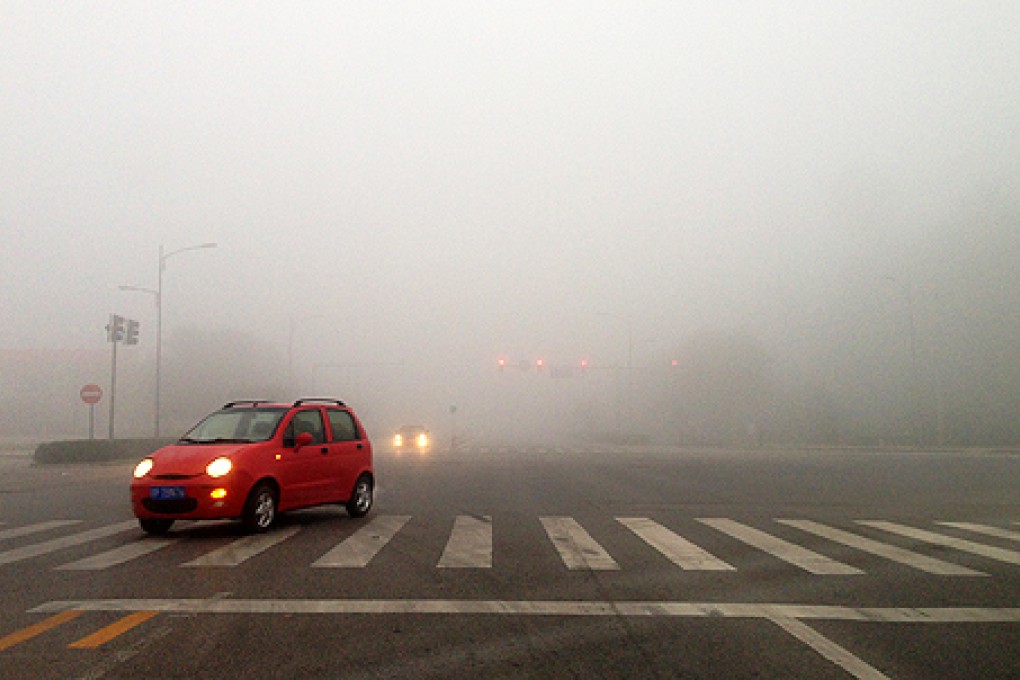Update | Beijing rolls out 5b yuan programme to fight smog

Mainland authorities have set aside five billion yuan (HK$6.31 billion) for Beijing and its surrounding regions to tackle air pollution, a step that experts say is likely to trigger additional investment to clean up the area's notorious smog.
Instead of allocating the sum through central government subsidies, the clean-up fund will be distributed as awards depending on how the cities and provinces achieve pollution reduction targets, their investment in pollution treatment and the reductions in levels of PM2.5, the tiny particulate pollutants that are seen as the most harmful to human health.
Six regions - Beijing, Tianjin and the provinces of Hebei , Shanxi and Shandong , as well as the Inner Mongolia Autonomous Region - were eligible for the awards, the Ministry of Finance said in an online statement yesterday.
A large chunk of the funds would go to Hebei, the statement said. As the country's largest steel producing province, Hebei suffers from the worst air pollution in the country. Monitoring by environmental authorities shows that in the first half of this year, seven out of the 10 worst polluted mainland cities are in Hebei.
Ma Yufeng, mayor of Baoding in Hebei, said the city would strive to move out of the top 10 list as soon as next month, reported the Yanzhao Metropolis Daily.
Shijiazhuang , capital of Hebei, had ordered most of the city's cement grinding mills to suspend production starting mid-October, reported the National Business Daily.
Lin Boqiang , director of the China Centre for Energy Economics Research at Xiamen University, said the government fund would be far from sufficient to cover the total clean-up cost, but it would send a signal to the market and lead to further investment.